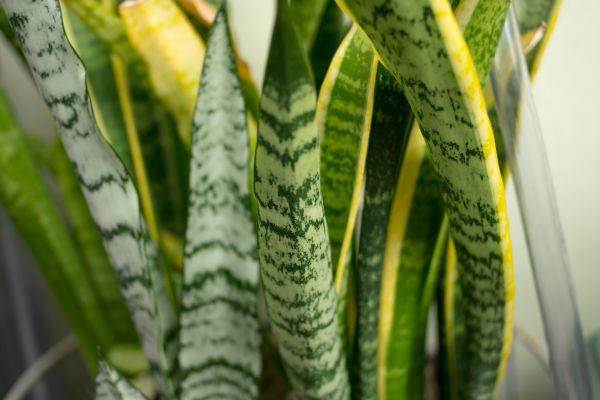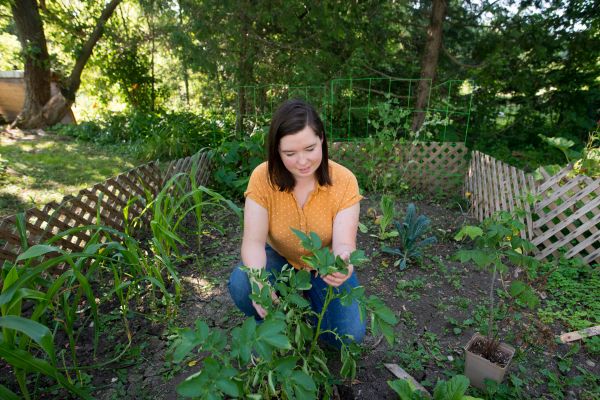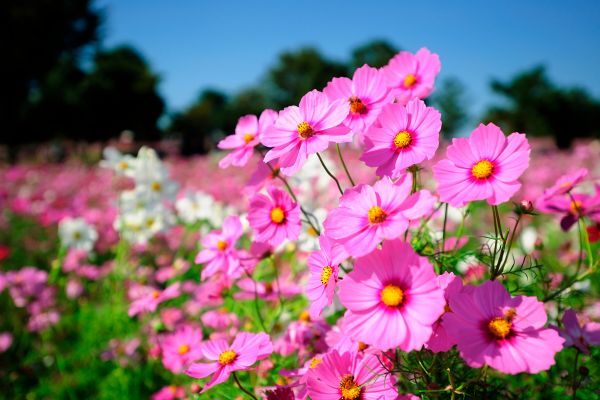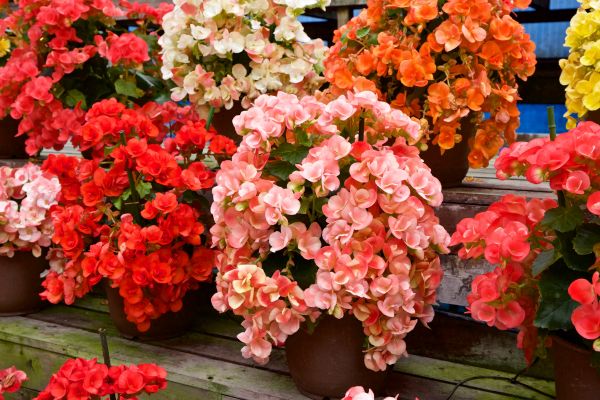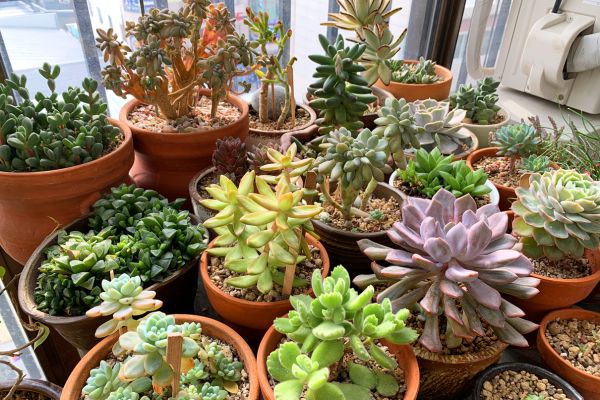Organic Garden: Cultivating Nature in Harmony
You gardens have been a source of beauty, tranquility and connection with nature for centuries. With growing environmental concerns and the desire to adopt more sustainable practices, the organic garden has gained prominence as a way of growing plants in a healthy way and in harmony with the environment. In this article, we will explore what an organic garden is, how to create one, what are the main precautions to consider and what is the objective behind this type of garden.
What is an organic garden?
One organic garden It is a cultivation space where plants are cared for following organic farming principles and techniques. This practice is based on respect for the environment, avoiding the use of pesticides and chemical fertilizers, prioritizing ecological balance and promoting biodiversity. The ultimate goal is to grow healthy food and lush flowers without compromising the health of the soil and surrounding wildlife.
Benefits of the organic garden
Before we dive into the steps of creating a organic garden, it is essential to understand the benefits that this practice offers. In addition to producing healthier and tastier food, an organic garden also contributes to the health of the environment and the people who cultivate it. Among the main benefits, the following stand out:
1. Biodiversity and ecological balance
In an organic garden, the focus is on plant diversity, which attracts a variety of beneficial insects and animals. This helps maintain a natural balance where pests are controlled by natural predators, reducing the need for pesticides.
2. Healthy and fertile soil
Soil is the basis of any garden, and in the case of organic, it is nourished in a natural and sustainable way. By adopting practices such as composting and crop rotation, the soil becomes more fertile, full of essential nutrients for plant growth.
3. Healthier foods
Food grown in a organic garden they tend to be richer in nutrients and free of chemical residues. This not only improves the health of those who consume them, but also prevents contamination of the environment.
How to make an organic garden?
Space planning
Before putting your hands in the ground, it is important to carefully plan the available space. To achieve a thriving organic garden, it is essential to carefully select an area that receives at least six hours of sunlight per day, as most plants depend on this amount of light for their healthy growth.
Soil preparation
Soil is the foundation of an organic garden, so preparing it properly is crucial. Start by removing weeds and stones, and then work the soil, turning it over and loosening it with the help of a shovel or a specific fork. Avoid moving the soil when it is very wet to avoid damaging its structure.
Composting
Composting is an essential practice in an organic garden. It consists of transforming food waste, eggshells, grass clippings and other organic waste into a compost rich in nutrients for the soil. Create a compost pile in an appropriate area of the garden and add the waste, turning the pile regularly to speed up the decomposition process.
Choosing appropriate plants
For a successful organic garden, choose plants that are adapted to your region's climate and soil. Give preference to varieties resistant to pests and diseases, as this will reduce the need to use pesticides. Additionally, choose to grow native plants and traditional varieties, which tend to do better in an organic context.
Crop rotation
Crop rotation is an important technique to avoid soil impoverishment and the accumulation of pests and diseases. Alternate the types of plants grown in each windrow or bed, following a cycle that can be annual or biannual. This helps balance the demand for nutrients in the soil and prevents specific pests from taking hold.
Pest and disease control
On a organic garden, pest and disease control must be done in a natural and balanced way. This may include using beneficial insects, such as ladybugs and praying mantises, which feed on pests, or applying organic solutions, such as neem oil or garlic extract, which repel harmful insects.
Conscious irrigation
Water is a precious resource, therefore, it is important to irrigate the garden consciously. Opt for efficient irrigation systems, such as drip or hoses with flow regulators, to avoid waste. Furthermore, water during the cooler periods of the day to avoid rapid water evaporation.
What should not be used in an organic garden?
While in organic garden We seek to promote life and harmony with nature, there are some elements that must be avoided to ensure that the space is genuinely organic.
Chemical pesticides
The use of chemical pesticides is a practice that should be completely discarded in an organic garden. These products can cause harm to humans, animals and beneficial insects, as well as contaminating soil and water.
Synthetic fertilizers
Likewise, synthetic fertilizers have no place in an organic garden. They can cause imbalances in the soil and lead to plant dependence on these artificial products.
Genetically modified organisms (GMOs)
The use of genetically modified seeds or plants is also incompatible with the philosophy of a organic garden. The idea is to promote biodiversity and the preservation of traditional varieties.
Herbicides
Herbicides are chemicals used to control weeds. In an organic garden, it is preferable to control these invasive plants mechanically, such as using cutting tools or manual removal.
What is the purpose of an organic garden?
One organic garden goes beyond simply growing plants and producing food. He has a greater mission, which involves:
Environmental preservation
The practice of organic cultivation helps protect soil and water from chemical contamination, maintaining biodiversity and contributing to the preservation of fauna and flora.
Health and wellness
The production of organic food is free from pesticides and synthetic fertilizers, which results in healthier and more nutritious food for the people who consume it.
environmental education
One organic garden it can be an educational space, where people learn about sustainable practices, the importance of biodiversity and the natural cycle of plants.
Connection with nature
Cultivate one organic garden it is a way to connect with nature, appreciate its beauty and understand the importance of taking care of the environment.
Conclusion
One organic garden It is a true example of how we can live in harmony with nature, promoting sustainable and environmentally friendly cultivation. By following the principles of organic agriculture, such as the absence of pesticides and chemical fertilizers, the practice of crop rotation and composting, we can reap the benefits of healthier foods and contribute to preserving the planet.
Growing an organic garden is a journey of learning, patience and connecting with the earth. By embracing this practice, we not only transform our own space into a green oasis, but we also play an active role in building a more sustainable and balanced world for future generations. So, get to work, and let the organic garden be the beginning of a beautiful journey towards preserving nature and creating a healthier environment for everyone.


